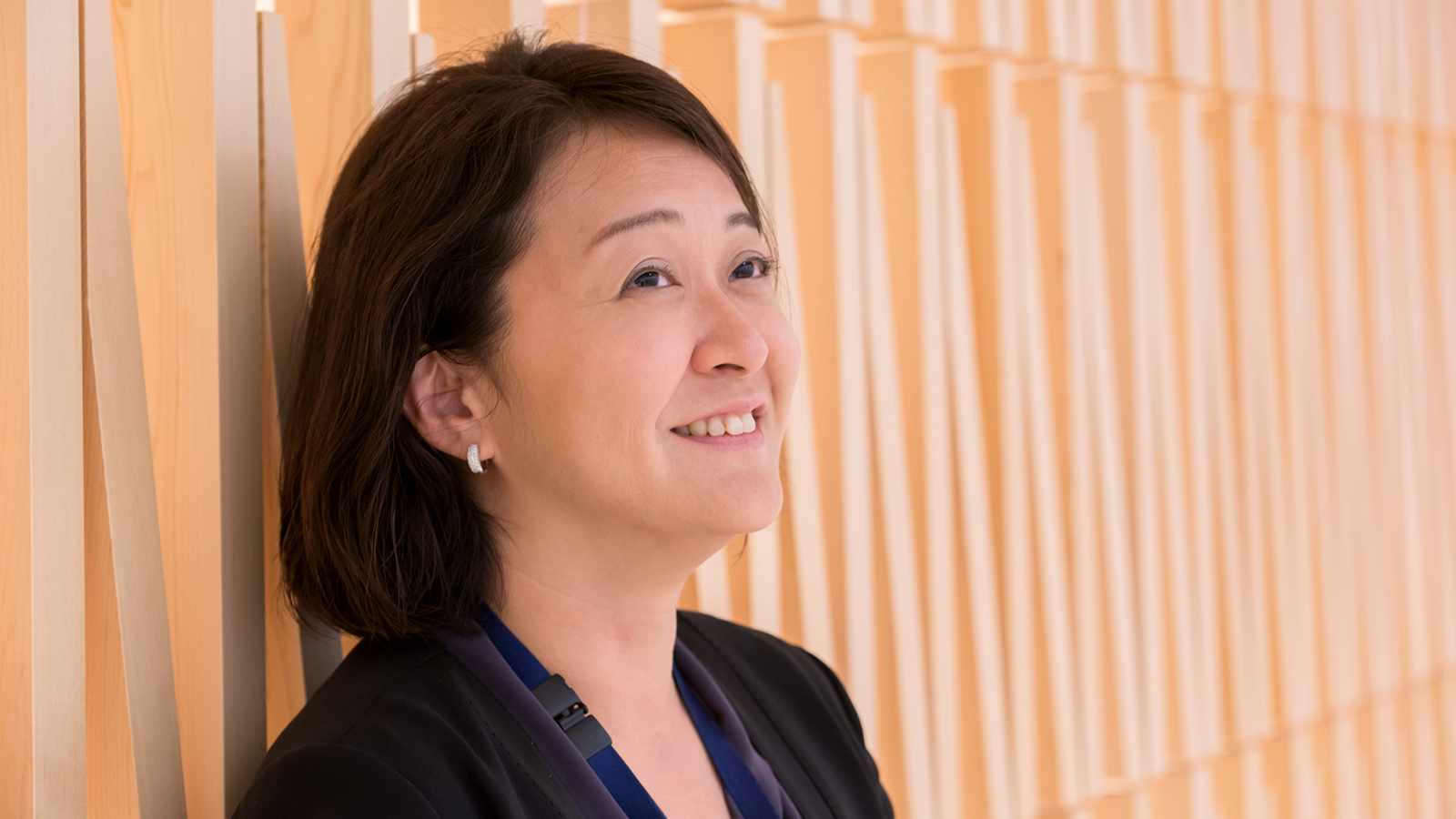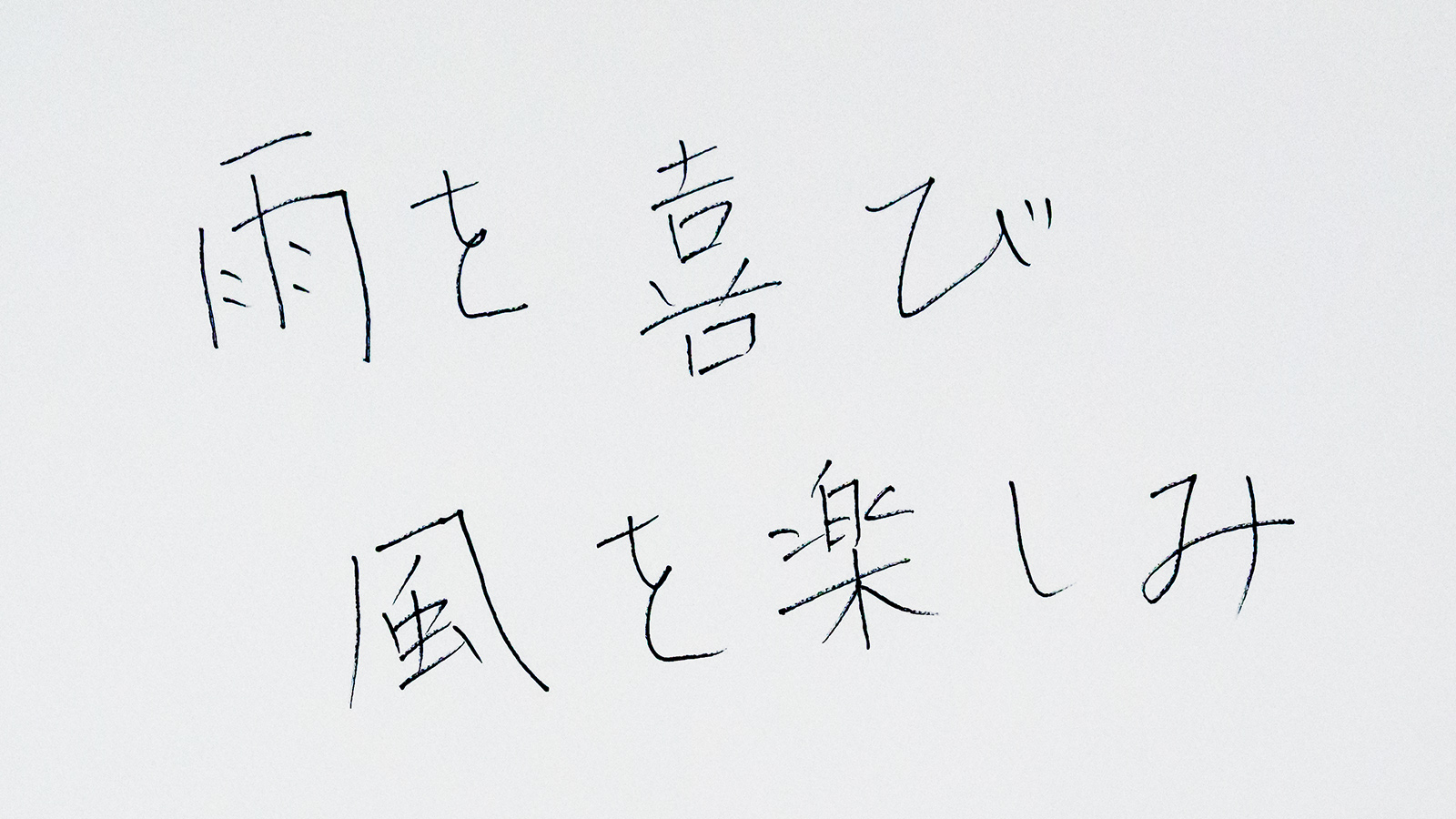At Takeda, there is a role called a Medical Science Liaison (MSL), a job that involves listening to doctors who see patients on a daily basis and paving the way to better treatments for symptoms that are not addressed by current medicines.
Opening our eyes to signs of suffering
You may or may not have heard of a Medical Science Liaison (MSL). Although Takeda is a pharmaceutical company, an MSL is not actually involved in the development or promotion of medicines. Instead, the job involves listening to doctors and uncovering medical needs that have yet to be recognized; these are often referred to as unmet medical needs.
Based on our expert knowledge of medicine and pharmaceutical science, an MSL holds daily discussions with doctors and seeks to discover such unmet medical needs. This may lead to a thesis or a new medicine, but our real aim is to find, as quickly as possible, previously unknown illnesses or patients who are suffering. It’s our strong desire not to abandon a single person who is suffering from, or troubled by, an illness, and with our deep knowledge of pharmaceutical science, I feel that an MSL truly embodies this idea.
I was appointed to this role four years ago and am now in a managerial position. I originally joined Takeda as a researcher and went on to write my thesis and obtain a doctorate degree. Although I was happy with how my career was going, when I heard about the job of an MSL while studying in the USA, I got so excited I could hardly sleep. The idea of being a specialist who holds discussions with doctors on an equal footing really appealed to me, and so later, I successfully applied for the position and was transferred to my current department.




